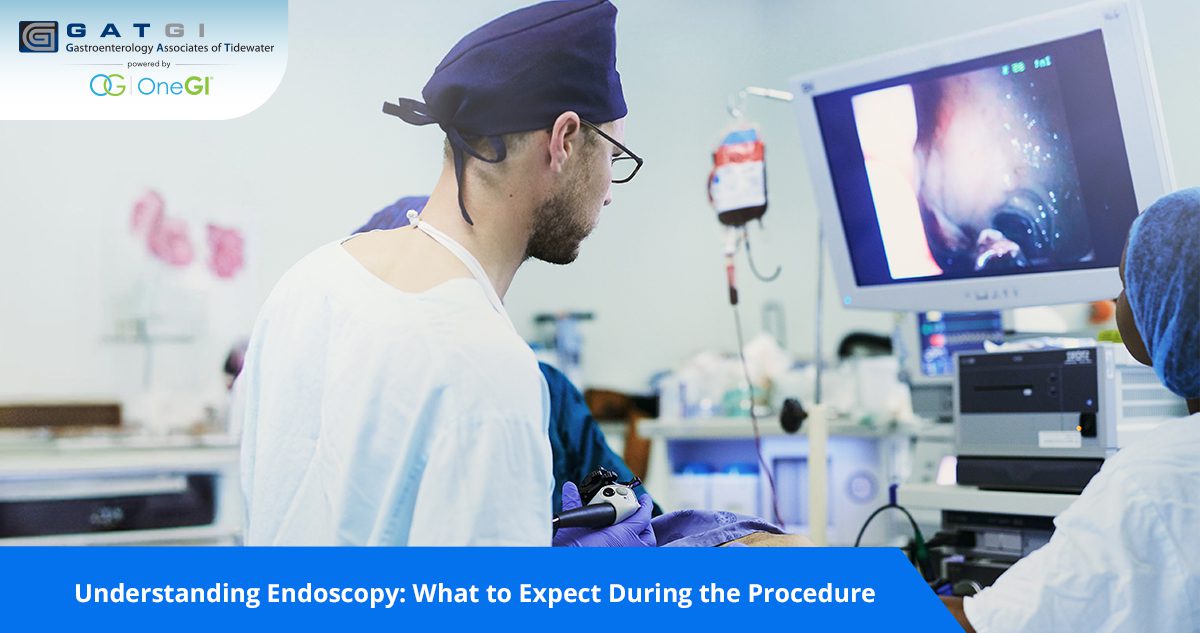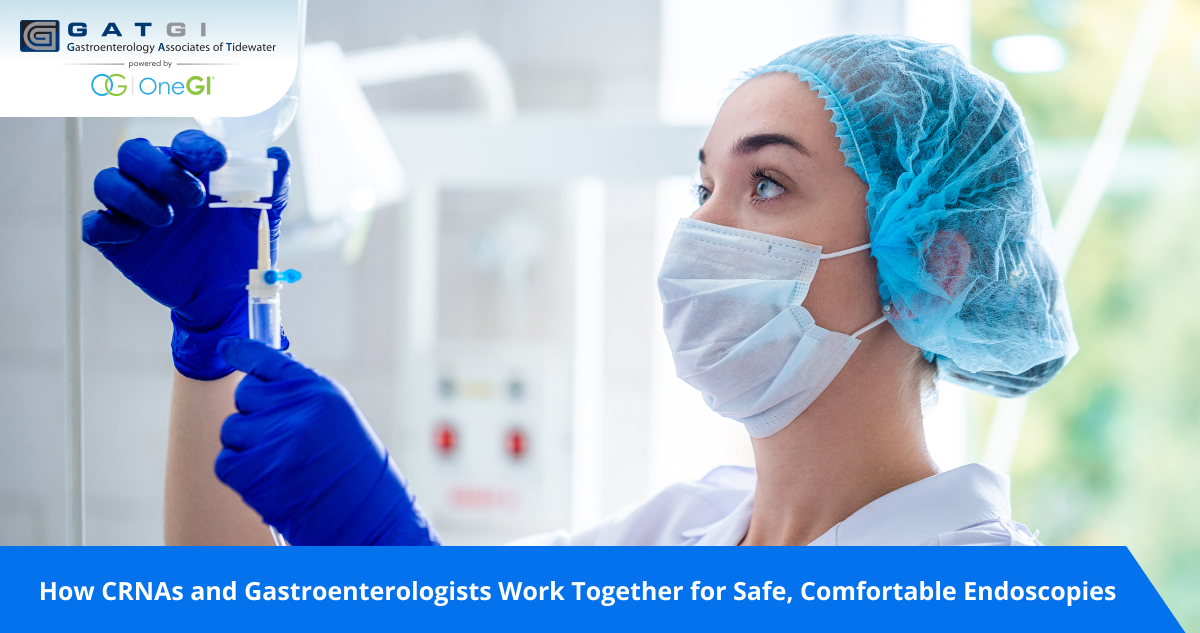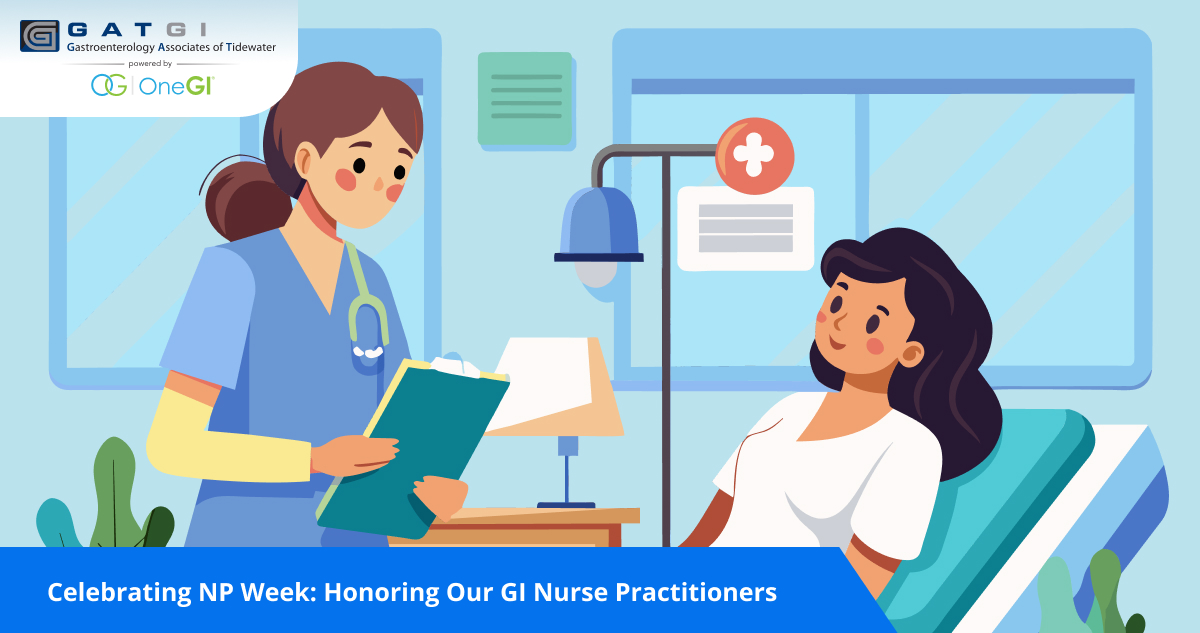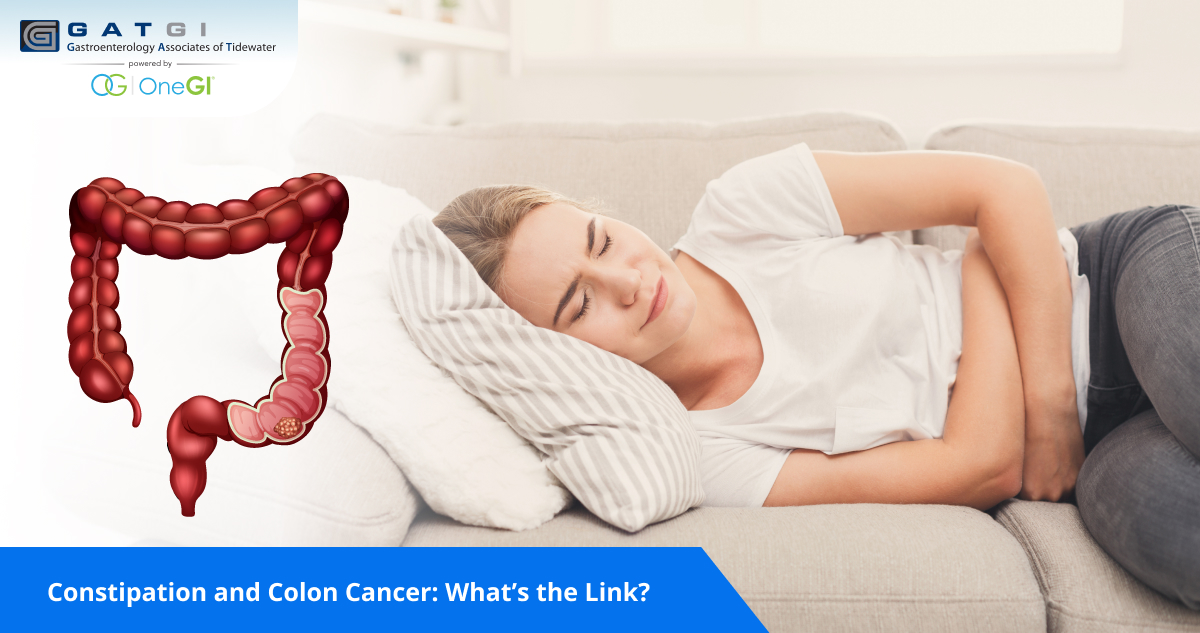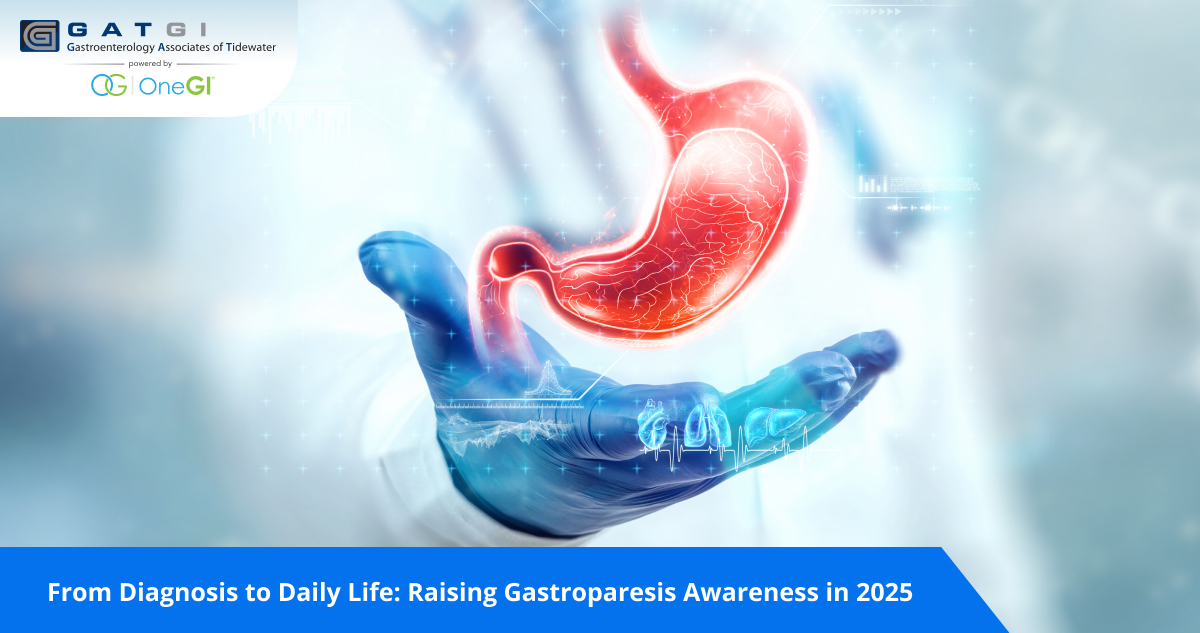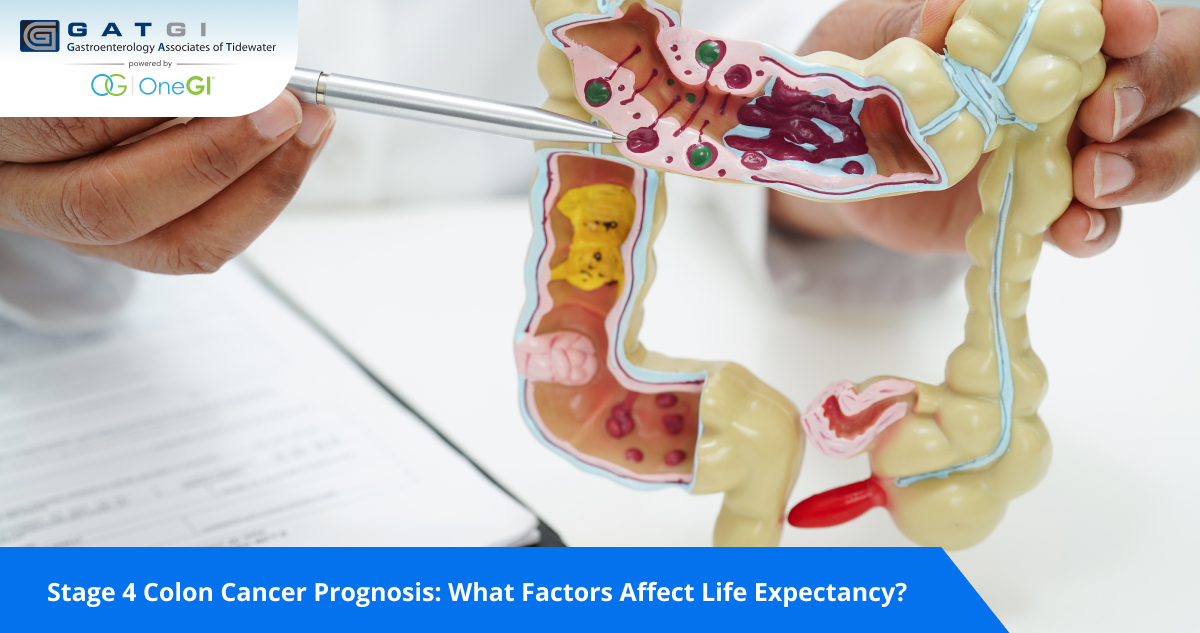Have you been told you need an endoscopy procedure? An endoscopy, one of the gastroenterology tests and procedures, involves using a long, flexible tube with a camera to examine the inside of your body.
You may wonder what an endoscopy test is for? The process helps both diagnose and treat various conditions, especially those related to the digestive system.
In this guide, we’ll explain the importance of endoscopy, how to prepare for it, what happens during the procedure, and what you should expect afterward. Our goal is to make you feel more informed and less anxious about your upcoming endoscopy.
Table of Contents
The Importance of Endoscopy in Diagnosis and Treatment
Endoscopy is vital for diagnosing and treating a host of conditions. It provides doctors with a clear view of your internal organs without the need for invasive surgery. This makes it an invaluable tool in modern medicine.
Gastroenterologists often use endoscopy to investigate symptoms like:
- Persistent stomach pain
- Chronic heartburn
- Unexplained weight loss
- Diagnosing conditions such as ulcers, gastrointestinal bleeding, and tumors
Besides diagnosis, endoscopy can be used to treat certain conditions. For instance, it can:
- Remove polyps
- Take tissue samples for biopsies
- Stop bleeding
This dual capability makes endoscopy a powerful procedure in both diagnosis and treatment.
Preparing for an Endoscopy
Preparing for an endoscopy is crucial for a smooth and successful procedure. Here are some essential steps you’ll need to take:
- Diet: Consume only clear liquids for 6-8 hours before the endoscopy, and no food or drink four hours before the procedure. This clears the stomach and intestines for a better view.
- Medication: Inform your doctor about current medications. You may need to temporarily stop certain drugs like blood thinners. Follow physician’s guidelines to avoid complications.
- Procedure Overview: Understand the procedure, risks, and benefits. Discuss with your doctor and ask questions to feel more at ease.
What to Expect During the Endoscopy
Knowing what happens during an endoscopy can help alleviate some of your anxiety. Here’s a step-by-step guide:
Arrival and Preparation
When you arrive at the endoscopy suite, you’ll change into a hospital gown. You’ll then be taken to a procedure room where the medical team will go over your medical history and vital signs.
Sedation
Most endoscopies are performed under sedation to make the process comfortable for you. The sedation is administered through an IV line, and you’ll feel drowsy and relaxed soon after.
How long does an endoscopy take?
Once you’re sedated, the doctor will insert the endoscope. The camera on the endoscope sends images to a monitor, allowing the doctor to examine your internal organs.
The procedure itself is typically painless and only takes about 15 to 30 minutes, depending on the complexity of the examination. Once the endoscopy is completed, you’ll be monitored as you wake up from sedation.
What to expect after an endoscopy?
After the procedure, you’ll be taken to a recovery area where the medical team will monitor you until the sedation wears off. Here’s what to expect:
- Recovery Time:
- Grogginess for up to a few hours post-procedure
- No driving during this time. Arrange for someone to bring you to the procedure as well as drive you home.
- Possible soreness from endoscope insertion.
- Eating and Drinking:
- Drink fluids and eat light meals after sedation wears off
- Follow doctor’s specific recommendations to avoid complications
- Results:
- Doctor discusses preliminary findings before you leave
- Detailed report with follow-up actions or treatments to follow
Risks and Complications Associated with Endoscopy
Although endoscopy is generally safe, it’s important to understand the risks. Common minor issues like soreness, bloating, and cramping usually resolve quickly. Serious complications, though rare, include infections, perforations, and bleeding. Follow all pre-and post-procedure instructions to reduce risks. Seek immediate help if you experience severe pain, fever, or vomiting after the procedure.
Endoscopy is a powerful and versatile tool in modern medicine, offering both diagnostic and therapeutic benefits. By understanding the procedure, its importance, preparation steps, and what to expect before, during, and after, you can approach your endoscopy with greater confidence and peace of mind.
If you have any concerns with your digestive health or need further information, contact a GI provider at Gastroenterology Associates of Tidewater by calling (757) 547-0798.

